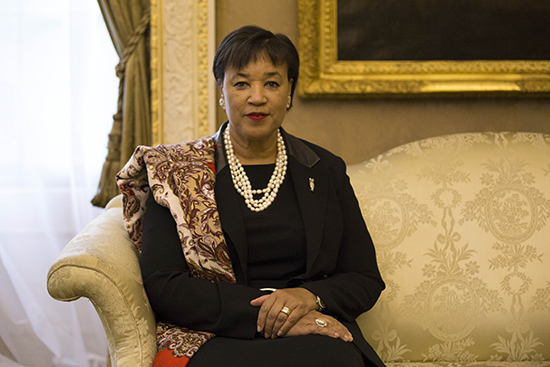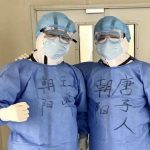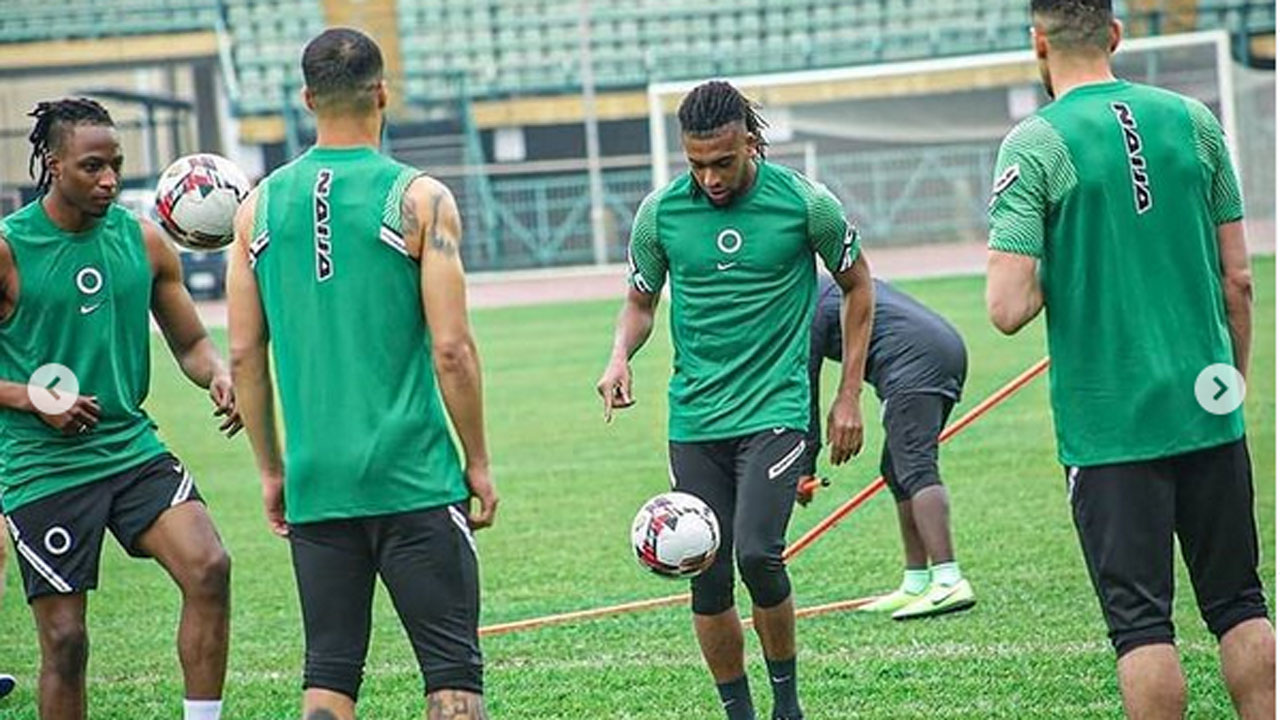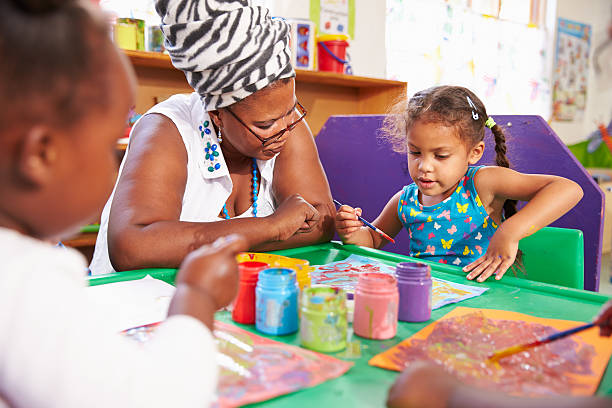|
By Patricia Scotland, Commonwealth Secretary-General Public parks have been gated shut, beaches emptied and stadia deserted, as an unprecedented 2.5 billion people across the world are told to sit at home. Times are tough. The Coronavirus is real and as it spreads its tentacles across the globe it is taking its toll on the lives and livelihoods of people everywhere. Measures such as closing gyms, shutting sports facilities and staying at home put a limit on a person’s mobility and exercise. Necessary, but painful, as enforced inactivity can contribute to periods of intense stress and can lead to long-term negative health impacts. Commonwealth athletes, ranging from Cameroon’s Samuel Eto’o and West Indies’ Brian Lara to Ghana’s Olympian Akwasi Frimpong, Kenya’s Eluid Kipchoge and Hellen Obiri and the United Kingdom’s Tom Daley, are sharing important information on reducing the spread of coronavirus or staying active at home.
There are several online series, virtual classes and resources, including Jamaica Moves, to help people stay active, improve mental health and reduce the risks of developing non-infectious diseases.
Building on this energy, we will soon launch the Commonwealth Moves campaign to encourage more people from the 54 member countries to stay active and exercise as we stare down this disruptive pandemic.
So even when competitions are postponed and venues closed, sport and physical activity can be a powerful influence for good in these troubling times. It is a common denominator and a universal language, one that can unite people from different backgrounds, empower communities and contribute to rebuilding nations.
The shared love of cricket has played a role in connecting Singhalese and Tamil people in Sri Lanka. It was cricket that connected islands of the Caribbean creating one of the most powerful symbols of West Indian unity to delight the world. The Commonwealth Games, a cultural feast of sporting excellence, shines as a beacon of inclusion and diversity.
Recognising this beneficial potential, the UN six years ago declared 6 April as the International Day of Sport for Development and Peace. The international community identified sport as an important enabler of the 2030 Agenda for sustainable development and highlighted its impact on health, education, social inclusion, women’s empowerment and youth development.
Many governments and organisations are using sport as a vehicle to deliver tangible projects at the grassroots level. The ‘Just Play’ initiative in the Pacific uses football games to teach children about healthy living, while Singapore’s ‘Sport Cares’ project uses sport to defy stereotypes associated with persons with disabilities.
The Commonwealth Secretariat’s ‘Peace at the Crease’ initiative which has brought people of different faiths and those of none to play and learn together in peace has already started to make its mark. Such initiatives improve people’s health, teach important skills and values, and if done well, can help unite communities.
But the reach of sport goes far beyond these local interventions. It can and should be rooted in national policy and planning so that sport and physical activity can truly reach everyone, including the poor, marginalised, refugees and victims of natural disasters and violence. But how?
We have worked with Mauritius to develop and implement a new policy which considers the impact of sport on the UN sustainable development goals (SDGs) and injects it into the national vision 2018-2028. The policy is designed to make people fitter and healthier to reduce the risks of non-infectious diseases and lessen the burden on hospitals.
This holistic approach is crucial because about four in five adolescents do not get enough physical activity – and around a quarter of adults – due to infrastructural, economic and cultural obstacles. This leaves them unable to reap the potential economic, social and health benefits that can come from sport and being physically active.
We are urging all governments to invest more to address this gap. It is not only the right thing to do but is good value for money. Typically, less than 1% of the national budget is allocated to sport but its contribution to GDP is in multiples of that. In 2016, Fiji spent about 0.5% of its annual budget on sport but in return, revenues from sport contributed 1.7% to GDP – more than the country’s mining, quarrying and forestry sectors. In the same year, the size of Canada’s sport economy grew by 3.2% while jobs creation in the sector rose by 4.9%. This potential to create jobs will be even more important as we move to recover from the current health crisis and to rebuild shattered income streams.
The benefits are not just economic. In 2016, research found that every £1 England spent on sport generated £1.91 in social returns through contributions to a reduced risk of disease, improved wellbeing, low crime and improved educational performance.
While the gains are clear, expertise and capacity to robustly measure the impact of sport on the development targets pledged in the SDGs remain limited.
This is where the Commonwealth has a game plan. In order to assess the value of public investments in the sector and enhance evidence-based policymaking, we are creating the world’s first common measurement approach working in partnership with UN agencies. This initiative will help countries and international bodies count and assess the contribution sport, exercise and physical education makes to the specific SDGs identified in the Kazan Action Plan.
So how does it work? For instance, we can urge countries to build more playing fields and develop plans to inspire people to take up sport if we can better measure how this contributes to achieving the SDG target 3.4, on reducing deaths from non-infectious diseases like diabetes and cancer.
Seven countries, including Japan, are currently piloting this approach. We hope Commonwealth leaders will endorse this approach at their next biennial meeting.
At a time when climate change and numerous health crises affect people’s ongoing struggle to overcome entrenched problems, we can collectively push the progress on delivering sport for all and achieving healthy, educated, employed and inclusive societies.
The world is now in a period of a pandemic, what is important is that we all work together as one team on a united front against a common opponent. |
























Leave a comment